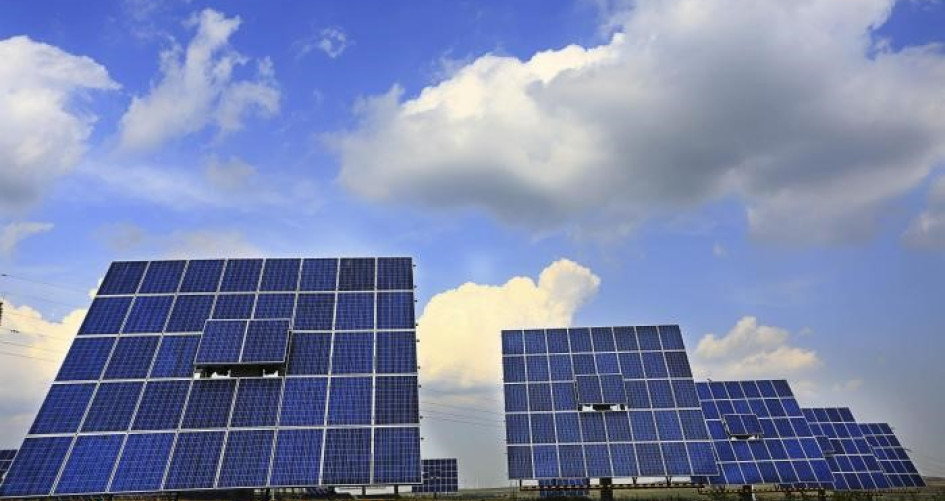Access the report HERE
The Paris Agreement recognizes that the long-term goal of limiting the global average temperature increase to well below 2, preferably 1.5 degrees Celsius, compared to pre-industrial levels will be achieved through time and, therefore, builds on ratcheting up aggregate and individual ambition over time.
Nationally determined contributions (NDCs) are at the heart of the Paris Agreement and the achievement of these long-term goals. NDCs embody efforts by each country to reduce national emissions and adapt to the impacts of climate change. The Paris Agreement requires each Party to prepare, communicate and maintain successive NDCs that it intends to achieve.
Parties are requested to submit the new or updated NDCs by 2020 and to provide the information necessary for clarity, transparency and understanding as applicable to their NDCs. This makes 2020 a critical year and presents a window of opportunity to help re-energize countries’ efforts, raise ambition and enhance climate action.
In order to contribute to an enhanced understanding of the efforts on preparations of updated or new NDCs in Asia-Pacific and Middle East and North Africa (MENA), a survey was developed and shared with countries in these regions to seek feedback on the progress and features of their NDCs. The survey comprised of 15 questions focused on the priorities and plans for NDCs as well as the challenges associated with their development and support available. This report on the status of the development of NDCs in Asia, the Pacific, and MENA compiles the progress made by participating countries in updating their NDCs and provides a regional outlook on the status of their efforts while highlighting the challenges and opportunities in this process.
Collaborating Partners:
The Regional Collaboration Centre for Asia and the Pacific (RCC Bangkok) hosted by the Institute for Global Environmental Strategies (IGES) and the Regional Collaboration Centre for the Middle East, North Africa and South Asia (RCC Dubai) hosted by the World Green Economy Organization (WGEO) jointly launched this survey in collaboration with:
Asia-Pacific
• United Nations Economic and Social Commission for Asia and the Pacific
• NDC Partnership
MENA
• Food and Agriculture Organization of the United Nations
• International Renewable Energy Agency
• NDC Partnership
• UN Women
• United Nations Development Programme
• United Nations Economic and Social Commission for Western Asia
• United Nations Environment Programme
• United Nations Office for Disaster Risk Reduction

